Recently Making It Plain (MIP) had a discussion with Dr. Horace Bartilow (HB), Professor of International Economy at American University, Washington DC. The discussion covered a number of critical issues including the global economy and developing countries, Pan-Africanism, and non-capitalist development. This is the first part of the series discussing those issues.
A discussion with Dr. Horace Bartilow (HB)
The Conversation
‘Reparations’ & The Global Economy
MIP: Based on the progressive social movements developing across the Caribbean and Latin America, and we have had a couple of international meetings, UN meetings and so on. I have noticed throughout that not one word has been said about poor people, or about poor countries. And I know that at one time the question of a New World Economic Order was high on the agenda, it is no longer there. So, my first question has to do with, is it an outdated concept?
Dr. Horace Bartilow: The New International Economic Order (NIEO) as you know was first conceived at the Bandung Conference back in 1955 in Indonesia and it was really part of a larger decolonization strategy. You had a lot of newly independent countries that were basically saying that the current order that they found themselves in was a post-colonial order of global trade and they wanted to change that. So, the NIEO was basically part of the anti-colonial struggle. Fast forward now to 2020/2021 if you do not see the NIEO as lots of people talking about it, there are a lot of reasons for that. First reason is that the initial discussions about the NIEO was basically stymied. The industrialized countries, the former colonizers themselves basically said no, we are not going to change this order and, of course developing countries did not have the power to enforce that.
I should also tell you that quite correlated with the NIEO was also another discussion taking place at the same time, and we now call it the Universal Declaration of Human Rights. And what we understand to be the Universal Declaration of Human Rights is actually a political process because, developing countries at the time were not just talking about the right not to be tortured, the right not to be imprisoned for your political views and things like that. You know this Declaration of Human Rights now is about the right not for your physical integrity to be abused whether it is torture, disappearance, or extra-judicial killings, but they were also talking about the right to develop and put the burden on the former colonizers to assist those countries in development. The argument was our development has been compromised, because of the atrocities of colonialism..
MIP: So, it was a kind of quasi reparations then?
HB: Yeah, I mean in a way. I do not like to use the term reparations you see, and I will tell you why. I do not like the concept of reparations and the reason is that reparations, put a price tag on decades of atrocities. I mean if the west were to say, “ok how much did it cost to enslave African people and all of the atrocities and the mental and psychological trauma?” Can you put a price tag on that, really? So, if you say, well, it is X trillions of dollars, you are doing a great disservice to the billions of people, African people and generations from those people who do today still bear those scars. I do not think you can put a price tag on that. The question is that I have a problem with it. The other one is if you could put a price tag on it, you now have relieved the descendants of the colonizers, you relieve them of any responsibility; their thought is “I’m paying you off already.” You give them an ‘out’ to pay for something that cannot be paid for and going forward, the conditions in the world; the world that you still live in is still shaped by the atrocities of the past.
The problem is that even the people who are talking about reparations are talking about it from a colonial mindset. You know as Black people we really, really do not understand, I do not think we fully grasp the depth of white supremacy; we do not understand it. We experience it but we really do not understand the depths of how it affects us; even those of us who think we are enlightened. We do not understand the depth hold. It still affects our thinking and a lot of other things so that is a problem. The issue of reparations is very problematic. I know what people are trying to do; but you are equating it to reparations being paid to the Japanese and other groups but that is a false equivalence.
MIP: This goes much deeper.
HB: Yea It is a false equivalence; Japanese civilization was not destroyed. How do you pay reparations for a civilization that has been destroyed; how does reparations cover that? This is what people should be talking about, discussing. They should be saying to the Europeans and the west in general; the atrocities of colonialism are so deep, and we are still living it today. To address the crimes of the past, you cannot do it by simply writing, writing one big check. Instead of asking for one big check they should be saying that it must become a legal part of an international order that at least 2% of the Gross Domestic Product of the United States, Britain, France, Spain and all who those countries that participated in and benefited today from colonialism, must be given as developmental aid assistance to the African Continent first. That is right, every single year.
These countries have now accumulated a lot of wealth in their museums; you know that is one of the psychological aspects of white supremacy, which is quite interesting in that, they like to place in their museums the artifacts of their conquest and it serves as a reminder to them of their superiority over other people. A lot of these artifacts are worth billions of dollars. I want you to think about this, my brother. That is like If I came to your house rape your wife, rape children, murdered them, took all of your possessions; then take it back home with me and I build this big museum with all of your things in it. I do not hide my crime I celebrate it and I charge people A FEE TO COME AND SEE IT (emphasis MIP). And the people who talk about reparations do not even mention those things.
For me and I do not know about others, but when I see these things, in all these European museums it is trauma, psychological trauma. No one is saying anything, that is now normal practice in the world; not one thing. That is normal in the world. Quite normal. Nobody raises the question that I raise that you are basically celebrating genocide, murder, and pillage and if I did that in the world today, I would be hauled off to prison in no time. You commit a crime, and you are celebrating it; you are showing off all the goods stolen, you are not hiding it.
And so, these are the people whom the representatives of the Bandung Conference, the NIEO had to deal with, of course what are they going to say? To accept the demands of the NIEO it would be to accept responsibility for colonialism, they are not going to do that. And the sad thing is the only way to change that system because we are dealing with people who the only thing that they respect is counter-power. You have to take it back from them by force. You cannot reason with them, that is the other thing we do not understand about power; power is not something you negotiate it is not a negotiation.
If power negotiates with you it shows two things one is the realization that they cannot overpower you, like what they did in Afghanistan. They negotiated with the Taliban why? Because they realized that they cannot kill them they realized that they cannot do that exactly. So that is one thing, and the other thing is that if they negotiate with you, it is also a reflection that they see no more benefits in exploiting you and so you get a kind of so-called independence where the colonizer says, “I’m tired of exploiting you so, I’ll give you your freedom.”
MIP: It is so ridiculous, ironic, yes.
HB: But look at other countries like Jamaica. Jamaica did not earn its independence; it was given to it.
MIP: It did not come through struggle
HB: No, and that is one of the big problems of independence in the post-colonial world with Black people in particular, in that in those countries where freedom was not achieved by their own hands; It was given to them you get a certain kind of post-colonial deference to the colonizer. Ok! There is something to be said about revolution; there is something really to be said about revolution.
Capitalism and White Supremacy
HB: Look at all the revolutions, look at the Milanese revolution, look at the Algerian revolution. The French said that the Algerians were monsters, they were beasts; the Algerian revolution was certainly bloody. The Algerians planted bombs at these French cafes and blew them up and the French would ask them “why were you so violent?” and the Algerians would say “we had to be that violent to show our own people, that the French were humans. They can bleed, can feel pain, they can feel sorrow just as they have inflicted on us. We had to show our own people that they were not gods.” This is what colonialism does; it creates a situation where nonwhite people see white people as gods, and they are not.
So anyway, I know that this is a kind of roundabout answer to your question about the NIEO, but the NIEO was almost doomed from the beginning because it was negotiating with States in the world, former colonizers in the world; to change a global order that they created and continue to benefit from. And so, they are not going to wake up and say, “wow! you know, we realize what monsters we are, we are so sorry, and we're going to do everything and change the world so that, you can now recoup all the resources we took from you.” So, it was doomed from the beginning; (maybe it was set up to make them feel guilty, I do not know), so that is one reason.
The second reason is that you have countries like China, who is by the way still a developing country, because it is so vast; it is now the largest economy in the world, it has surpassed the United States. People do not realize that. But honestly, in terms of meeting the needs of its vast population, China is still a developing country. It is a developing country that has found a way of developing using a capitalist mode of production. As a result of that, countries like China and, there are still a few developing countries, who have grown within this capitalist mode of production. So that is another reason you do not hear about NIEO anymore. And let me also say this, and again a lot of Black people do not get this either, we do not really understand white supremacy. Capitalism as we understand it today, cannot be separated from white supremacy; do you understand that?
MIP: Yes I do but you try and tell the Nationalists that; at least the narrow Nationalists, try and convince them about what you just said.
HB: Well, I hate to say it, but they are not read, they are not well read, they are not. Now why do I say this? If you go back to antiquity, the Greeks, and the Romans they certainly acknowledged race; they wrote about it. They called all black people back then Ethiopians; they knew that there were racial differences, they painted black people and they talked about Ethiopians and their dark skin and so on. The substantial difference is, they ascribed no judgement. As far as their relationship with Ethiopians as black people, they ascribed no judgement. There is nothing in their writings that said that they saw themselves as inherently superior to these people.
In fact, the Romans would hire, they had a great amount of admiration for Ethiopian fighters; Ethiopians were some vicious fighters. In fact, what we now call Special Forces, the Romans would hire Ethiopians to be Special Forces when they wanted to go to war against an enemy. So that was the level of respect. Was there slavery during that time? Yes but it was not chattel, quite different, which meant that a person could be a slave and be absorbed into the society. That is why Moses, although they say the Jews were slaves in Egypt, but Moses was absorbed into the Egyptian society where he became Pharaoh’s son; but they were absorbed by the Egyptian society. You had slavery even practiced among the native people, native Americans in the United States, but they were absorbed into the society because they became part of the family.
Chattel slavery only showed up with the evolution of capitalism in Western Europe, which is when you get chattel slavery.
MIP: Reminds me of Eric Williams’ book Capitalism and Slavery.
HB. Yes that is the basic jest of Capitalism and Slavery, but I do not think he sufficiently made the connection between white supremacy and capitalism. Capitalism is the economic expression of white supremacy where there is a need for racial superiority, supremacy, a sense of racial supremacy, the Aryan supremacy. That was justified by commodifying people who are non-white. The commodification of people who are nonwhite, is where chattel slavery comes in; you are permanently assigned a subhuman status of existence for the sole purpose of accumulating wealth. Permanently assigned with a subhuman category, your humanity is stripped from you because of the need to accumulate wealth.
We live in a world where capitalism is now a global phenomenon. You now have different people, different races in the world, participating in capitalism. But they are participating in a system whose genesis, whose DNA is white supremacy; whose DNA naturally creates hierarchies, divisions. By definition, white supremacy and capitalism have to create hierarchies. Hierarchies of races and within races, hierarchies based on class. You are constantly dividing, constantly dividing up and that is a problem.
Capitalism is Unsustainable
MIP: So, professor what are some of the other negative social impacts of capitalism, which are less obvious?
HB: If you think that this capitalist order is ok and, you do not have to be a Marxist to know that it is not. In fact, what has been largely ascribed to Lenin’s work “Imperialism The Highest Stage of Capitalism” and people ascribe this to Marxism, that it is a communist work. But Lenin is not the originator of that idea, it is a man by the name of A. J. Hobson a British doctor, a liberal, who went to then South Africa observing the Boer wars. The Boer wars is what we now call the white Afrikaners who were trying to get independence from Britain; and in observing that whole conflict, A. J. Hobson developed this idea how British capitalism needed colonies. And that same basic idea is what Lenin used to develop the idea in his book and most people say oh well, this is Lenin’s idea, but it was A. J. Hobson's idea; he was not a communist ok. So, my point is you do not have to be a communist to see this.
So even if you said to yourself that I do not have a problem with capitalism and all this stuff, even if you think it is a fine perfect system; it cannot last and here is why. It is operating within a global environmental system where it is direct and dialectically in contradiction to the environment and why? Capitalism is based on perpetual profit, perpetual growth. If the global capitalist system is not growing, then it is dying. It always has to grow; you always have to give dividends to the shareholders. You cannot give them the same dividends as you gave last year, even if they are not losing. So, it is a system that is based on perpetual growth, operating in a global environment where growth is infinite for capitalism. There cannot be enough growth, but it is operating in an environment where environmental resources are finite, and so we wonder why we are having environmental chaos.
At some point either we change our thinking about how we organize our economics on the planet, or we will be forced to leave the planet or die on this planet. That is the choice, that really is the choice. Now someone would say, well, you are lashing out about capitalism, so you are a socialist. I am not a socialist, I am a capitalist; look like that is a contradiction; no, it is not a contradiction. I live in a capitalist world; I drive a car that is made by a capitalist company; I live in a house that is financed by a capitalist bank. I work at a university it is a private university, it is capitalist. I go to the supermarket and buy food from a private capitalist grocery store, the clothes on my back are made by private capitalist companies; I cannot escape it. It is almost as Jesus said being in the world, but you do not have to be of this world.
So even though I live in a capitalist world, and I operate in a capitalist world; my money is in a capitalist bank; but I also have the good sense to know that this system, which I cannot change is unsustainable. The only reason we still live in the way that we do is that humans have not been able to imagine a world without capitalism as it is structured. In other words, some of us can identify some of the problems of capitalism but, until we are able to develop a better ‘mousetrap,’ something better, something that will resolve all the problems that it has caused, we are stuck with it.
People are unhappy where they work, do you notice that people are unhappy with their jobs? Right here in the United States some people are just walking off their jobs. It does not matter if people are working for big private companies making lots of money. Right here at the university people have conversations about this. People are not happy because they feel that other people do not really respect them, and these are conversations that are happening all over the United States and all over the world. And I have to remind someone and say do you know what it is called? I said do not look at this as if you are working with people who are just mean, they are just insensitive. I said no, it is not just that, maybe some of it but it is not just that.
You have to look at the structure in which people work and it is called alienation, we are alienated from each other in different ways. In the capitalist mode of production, the production of capitalist goods and services, it naturally produces alienation. It is intended, It was designed to separate people. To understand that you have to go back to its origin, Its white supremacist origins; so that is what we are dealing with, and it does not matter. You could have black people running a company that used to be white, all they are doing is reproducing it, just putting a Black face on the beast.
MIP: Brother Malcolm spoke about the same thing; substituting the white bourgeoise with a Black bourgeoise.
HB: Yes. The same thing, you are not making any difference; you have to change the entire system. You have to burn out the whole thing and start from scratch. And that is where the rubber hits the road my brother. Because when you start to talk that way even black people like yourself, becomes your enemy.
Non-capitalist Development: Fact or Fiction
MIP: Based on the progressive social movements developing across the Caribbean and Latin America, and we have had a couple of international meetings, UN meetings and so on. I have noticed throughout that not one word has been said about poor people, or about poor countries. And I know that at one time the question of a New World Economic Order was high on the agenda, it is no longer there. So, my first question has to do with, is it an outdated concept?
Dr. Horace Bartilow: The New International Economic Order (NIEO) as you know was first conceived at the Bandung Conference back in 1955 in Indonesia and it was really part of a larger decolonization strategy. You had a lot of newly independent countries that were basically saying that the current order that they found themselves in was a post-colonial order of global trade and they wanted to change that. So, the NIEO was basically part of the anti-colonial struggle. Fast forward now to 2020/2021 if you do not see the NIEO as lots of people talking about it, there are a lot of reasons for that. First reason is that the initial discussions about the NIEO was basically stymied. The industrialized countries, the former colonizers themselves basically said no, we are not going to change this order and, of course developing countries did not have the power to enforce that.
I should also tell you that quite correlated with the NIEO was also another discussion taking place at the same time, and we now call it the Universal Declaration of Human Rights. And what we understand to be the Universal Declaration of Human Rights is actually a political process because, developing countries at the time were not just talking about the right not to be tortured, the right not to be imprisoned for your political views and things like that. You know this Declaration of Human Rights now is about the right not for your physical integrity to be abused whether it is torture, disappearance, or extra-judicial killings, but they were also talking about the right to develop and put the burden on the former colonizers to assist those countries in development. The argument was our development has been compromised, because of the atrocities of colonialism..
MIP: So, it was a kind of quasi reparations then?
HB: Yeah, I mean in a way. I do not like to use the term reparations you see, and I will tell you why. I do not like the concept of reparations and the reason is that reparations, put a price tag on decades of atrocities. I mean if the west were to say, “ok how much did it cost to enslave African people and all of the atrocities and the mental and psychological trauma?” Can you put a price tag on that, really? So, if you say, well, it is X trillions of dollars, you are doing a great disservice to the billions of people, African people and generations from those people who do today still bear those scars. I do not think you can put a price tag on that. The question is that I have a problem with it. The other one is if you could put a price tag on it, you now have relieved the descendants of the colonizers, you relieve them of any responsibility; their thought is “I’m paying you off already.” You give them an ‘out’ to pay for something that cannot be paid for and going forward, the conditions in the world; the world that you still live in is still shaped by the atrocities of the past.
The problem is that even the people who are talking about reparations are talking about it from a colonial mindset. You know as Black people we really, really do not understand, I do not think we fully grasp the depth of white supremacy; we do not understand it. We experience it but we really do not understand the depths of how it affects us; even those of us who think we are enlightened. We do not understand the depth hold. It still affects our thinking and a lot of other things so that is a problem. The issue of reparations is very problematic. I know what people are trying to do; but you are equating it to reparations being paid to the Japanese and other groups but that is a false equivalence.
MIP: This goes much deeper.
HB: Yea It is a false equivalence; Japanese civilization was not destroyed. How do you pay reparations for a civilization that has been destroyed; how does reparations cover that? This is what people should be talking about, discussing. They should be saying to the Europeans and the west in general; the atrocities of colonialism are so deep, and we are still living it today. To address the crimes of the past, you cannot do it by simply writing, writing one big check. Instead of asking for one big check they should be saying that it must become a legal part of an international order that at least 2% of the Gross Domestic Product of the United States, Britain, France, Spain and all who those countries that participated in and benefited today from colonialism, must be given as developmental aid assistance to the African Continent first. That is right, every single year.
These countries have now accumulated a lot of wealth in their museums; you know that is one of the psychological aspects of white supremacy, which is quite interesting in that, they like to place in their museums the artifacts of their conquest and it serves as a reminder to them of their superiority over other people. A lot of these artifacts are worth billions of dollars. I want you to think about this, my brother. That is like If I came to your house rape your wife, rape children, murdered them, took all of your possessions; then take it back home with me and I build this big museum with all of your things in it. I do not hide my crime I celebrate it and I charge people A FEE TO COME AND SEE IT (emphasis MIP). And the people who talk about reparations do not even mention those things.
For me and I do not know about others, but when I see these things, in all these European museums it is trauma, psychological trauma. No one is saying anything, that is now normal practice in the world; not one thing. That is normal in the world. Quite normal. Nobody raises the question that I raise that you are basically celebrating genocide, murder, and pillage and if I did that in the world today, I would be hauled off to prison in no time. You commit a crime, and you are celebrating it; you are showing off all the goods stolen, you are not hiding it.
And so, these are the people whom the representatives of the Bandung Conference, the NIEO had to deal with, of course what are they going to say? To accept the demands of the NIEO it would be to accept responsibility for colonialism, they are not going to do that. And the sad thing is the only way to change that system because we are dealing with people who the only thing that they respect is counter-power. You have to take it back from them by force. You cannot reason with them, that is the other thing we do not understand about power; power is not something you negotiate it is not a negotiation.
If power negotiates with you it shows two things one is the realization that they cannot overpower you, like what they did in Afghanistan. They negotiated with the Taliban why? Because they realized that they cannot kill them they realized that they cannot do that exactly. So that is one thing, and the other thing is that if they negotiate with you, it is also a reflection that they see no more benefits in exploiting you and so you get a kind of so-called independence where the colonizer says, “I’m tired of exploiting you so, I’ll give you your freedom.”
MIP: It is so ridiculous, ironic, yes.
HB: But look at other countries like Jamaica. Jamaica did not earn its independence; it was given to it.
MIP: It did not come through struggle
HB: No, and that is one of the big problems of independence in the post-colonial world with Black people in particular, in that in those countries where freedom was not achieved by their own hands; It was given to them you get a certain kind of post-colonial deference to the colonizer. Ok! There is something to be said about revolution; there is something really to be said about revolution.
The Empire Has Collapsed
MIP: This now leads me to the question regarding developing countries. There was a time when certain newly independent countries were pursuing what was called a non-capitalist path of development, like in Jamaica between 1972 and 1980. It was a Social Democratic platform, where the State took an active role in developing social programs and monitoring capitalist production and distribution and so on. Can that still be realized? Recently especially in Latin America, there are some progressive movements who are now coming into power.
HB: Here is my take on this. Unless you get rid of global capitalism, individual states in the global capitalist world, cannot develop non-capitalist modes of development; I can sight example after example. Let me be very blunt. As long as there is a global capitalist economy there cannot be a non-capitalist path to development. This is a pipe dream that NEVER existed. The former Soviet Union’s centrally Planned Economy was an example of a non-capitalist path to development and eventually it collapsed within the belly of global capital. Under Tito, former Yugoslavia developed what was called Market-Socialism, which was an attempt to socialize the profit incentive of capitalism. This was another example of a non-capitalist path to development.
Well, what happened? Long before the ethnic conflicts that led to the breakup of former Yugoslavia, the so-called Market-Socialist system gave way to pure Capitalism, which was likely the precursor to igniting pre-existing ethnic divisions that destroyed and splintered the country into the states of Serbia, Crotia and Bosnia-Herzegovinian. China's peasant path to development and over time Global capitalism has co-opted Mao's revolution. Today China is the biggest capitalist economy in the world, eclipsing the USA. Cuba have also tried the so-called non-capitalist path to development, which again has largely failed due to:
1. Crushing economic sanctions from imperial USA.
2. Lack of economic support after the collapse of the former Soviet Union.
3. And as a result of 1 and 2, is now forced to make compromises with global capitalism all of which threatens the viability and longevity of Socialism in Cuba.
North Korea is another example of the so-called non-capitalist path to development and what has happened there? Global capitalism or the Empire, as I call it, have not co-opted it like China, nor has it facilitated its internal collapse like the former Soviet Union or internal fragmentation like former Yugoslavia, but instead facilitated a dysfunctional and unpredictable "psychotic despotic regime" that is not only a security threat to capitalist countries like the US but to the rest of the developing world. The so-called formerly Soviet Union was the first example, Planned Economy. Well, collectivism is in direct contradiction to the capitalist mode of production. I am, going to go out on a tangent, but this needs to be said. We have an economic system that appeals not to the angels of humanity, but the demons of humanity.
Why do I say that? It is a system that encourages the individual over the collective, a system, which encourages greed over generosity. In many respects for me it represents something that is evil because it appeals to the basic evil nature of human beings, not our good nature. The collective planned economic system in the former Soviet Union, by its very existence represented, a kind of rejection of the very core of capitalism. And it was not surprising that it had to collapse. It collapsed because you have a system counter to capitalism, operating within the belly of capitalism and eventually; the belly would suffocate what is in it.
In other words, there is no such thing as a non-capitalist path to development. This concept has as much meaning as fictional stories like "Alice in Wonderland". If you are into fiction, then the non-capitalist path to development should be on your reading list. The historical record is clear. Global capitalism, the Empire, has dealt with these countries who have tried to undermine its central ideological and operational authority via a non-capitalist path in the following ways:
1. Promoting internal decay and ultimate collapse (former USSR).
2. Promoting internal fragmentation and ultimate collapse (former Yugoslavia).
3. Cooptation and capitalist replication and more efficient capitalist
global reproduction (China).
4. Slow strangulation (Cuba).
5. Psychotic Despotism (North Korea).
To this list we could add an even longer list of the numerous countries like Jamaica during the 1970’s where attempts at a non-capitalist path to development was either rolled back, co-opted, or simply destroyed via the orchestration of military coups like Chile 1973, Guatemala 1954, Iran 1953 and the Congo 1963 under Patrice Lumumba.
So, unless and until you get rid of the global capitalist mode of production, resistance to it in the periphery, in its belly; is almost doomed to fail. So here are two critical examples the former Soviet Union collapsed but what about China? China has not collapsed, so this is how capitalism works. If you do not collapse, you have to be incorporated, you have to be absorbed. China is a country that has a Communist government in name only. It is completely absorbed into the capitalist global economy, which is all it is. It is a country Communist in name only and that is it. For all intents and purposes, it is more capitalist that the United States. It has out competed the United States and Europe at its own capitalist game. But all it is, you are putting a Chinese face on a system that has its origin in white supremacy. That is all it is right now.
The fact is that capitalism and white supremacy are shifting systems they change forms over the years and if you do not pay attention you will get fooled. So no, I do not think non-capitalist modes of development can work as long as there is still global capitalism. They are too many examples that tell me the opposite right now. The fact that we have non-global capitalist modes of development tells me something. These non-capitalist global modes of development are there for a purpose because it reminds us that there is still ongoing resistance to capitalism, a war. So, you will find these non-capitalist modes of development strategies, they will come, and they will go.
But they will always come back because it is part of the dialectic, the struggle against capitalism. I am not going to say they should not do these things, or they should do it; it is the natural outcome of capitalism. Resistance to it and these are different forms of resistance to it. The Soviet type of development was a resistance to it; the Chinese type of development in the early years of Chinese political/economic development was a resistance to it until it got absorbed. Do you remember this group called Occupy Wall Street ? Have you ever heard from them recently? No, because they got occupied by Wall Street.
Beyond being fiction, the term is dangerous because it deceives people into thinking that capitalism and especially global capitalism can be reformed and changed without struggle and without conflict. The concept of non-capitalist path of development comes from a bourgeois-leftist understanding of historical processes. It is a belief that Empire can be changed with reforms from within the system and overlooks its existence.
Unless the underlying contradictions of capitalism undermines its global manifestations and operations, it will then force human beings, for the first time, to do the following: To cognitively imagine reorganizing production and individual incentive structures, that are not based on profit and greed; cognitively imagine incentive structures that are not based on capital accumulation; cognitively reconstruct modes of production that does not appeal to wealth and greed - the demons of our nature, but to incentive structures and modes of production that appeal to the angels of nature. Until then humanity will be stuck with capitalism and all its negative, perverse, and dysfunctional contradictions.
BRICS: The New World Economic Order
PBAN: It has been reported that China has sold most of its Treasury holdings for gold; and we also see that now BRICS is expanding. Given the current state of the US economy, can the United States with its idiocy of Tariffs, afford a quote/unquote “trade war?”
Professor Bartilow: No, I mean no! The answer to that is clearly no. You can talk to any of the leading economists in this country or the world, Tariffs are not going to do anything in fact it is going to backfire on the United States. This is so because number one, China has been preparing for any kind of sanctions or Tariffs against Chinese products; they have been preparing for this going on for maybe seven years. China has been creeping up on the US economy I would say for maybe more than seven years. The first sign of it was maybe seven or eight years ago, when they dumped huge chunks of their US Treasury bills that they were holding. China and many countries went in and provided financing to stabilize the US, economy, and when they did that they bought a lot of US Treasury bills. When it came out that China had sold the Treasury Bills, I said that this was not a good sign; this is a sign that the Chinese are slowly “decoupling,” they have been “decoupling” from the United States. I mean they still trade, but they have been “decoupling” from the United States. The Chinese strategy is that they recognize a couple of things: The Chinese strategy is not to replace the United States as a hegemonic power, people always think that; or, that they want to be the international reserve currency to replace the dollar, no that is not their strategy.
China and a New World Order
What China wants to do is certainly to end American hegemony in the world, but they are doing it by helping to create an alternative world order. The problem is, when you listen to most western analysts, what you are hearing is their perspective on China; they can only see China through their eyes as a colonialist, because they are colonialist themselves. That is why they cannot understand, they do not understand China. China’s strategy is that they are creating an alternative world order, and they have been slowly doing this. They have been doing this in a very democratic way, they are not imposing China’s will on anybody; China is not a colonialist, they are not imposing China’s will on anybody. They are not saying that China’s renminbi will become the world’s currency, in fact the Chinese have rejected that idea and have said no. We want a world order where all the trading partners of BRICS can settle their international transactions using their own currency. So if you are in the West you cannot understand that because all the Western world orders have been colonial world orders. During the British empire, the pound was the international reserve currency, so they expect that any country that replaces them would do the same thing. Its over for these folks on so many levels. Ontologically its over for these folks, because they cannot understand a new world order from the old world order perspective. The new world perspective is completely beyond their capabilities of their understanding; they see what is happening to them but they cant stop it, because they do not understand it.
New Conditions Require New Thinking
You have an entire academic industry in this country especially on international relations, which is based on this idea of what is called “power transfer theory.” What that means is that, whenever a new challenger to the existing world order emerges, it must end in war because the new challenger will challenge the status quo’s power, which in this case is the United States, and it must end in war. Do not get me wrong, there is a lot of evidence for that. Where that evidence comes from is the European experience, that is what they do; the British did it to the French. They have what I call a colonial ontology, which is how they think the world and reality is, and so they do not have the ontological basis to understand emerging trends that is coming from a part of the world that is not like them or looks like them. They just do not have it and their colonial arrogance and sense of superiority, (this is where white supremacy comes in now,) prevents them from learning from people who do not look like them. Not only can they not understand it they cannot learn from it either, but that is also the essential problem with the West. They cannot understand and they cannot learn; and if you cannot understand and you cannot learn its done.
The Decline and Collapse of Western Civilization
Someone does not have to show me facts like the GDP of China is growing at a faster rate, I know all of those things, absolutely that is true; but the fundamental problem of the West is that it cannot understand and it cannot learn. In other words they cannot understand and they cannot learn to make whatever adjustments there may be, to stop the decline of Western civilization. That is what we are now witnessing in the world, you and I are living in one of the most important times of our lifetime, we are living, literally living, in a time where Western hegemony everywhere: political hegemony, economic hegemony, the hegemony of thought is collapsing. The West is now in a process of collapse, they were in a process of decline for a long time, what I mean by decline is this: decline is always relative to others so after the mid to early 1970’s the United States entered a process of relative decline to other countries in the world. Most of those other countries at the time we now call the BRICS, the East in terms of birthrate. That is one of the reasons why the Nixon administration recognized that we cannot run the world economy like we did right after world war II, things have changed.
Scholars at the time have said well yes decline is necessary and other countries are going to catch up in terms of the growth rate, and the gap between the United States and everyone else is going to narrow. There is some truth to that argument but there are also some limitations to that argument. The limitations are that what it does not recognize is not that others are not catching up, but it is not doing the things that it needs to do to sustain its own growth and development. So the decline continued throughout the 70’s and the 80’s and every American president, believe it or not, have acknowledged the decline. They do not say it to the American people but you hear it in their words. So for example Ronald Reagan, he was the one that coined the term “let’s make America great again” it is not Trump, emphasis on the again. The again meaning that we are not who we used to be, so it is an acknowledgement of decline; then after Reagan every other president, we can go all the way up to Barack Obama, when he says his Presidency is to restore America’s credibility in the world, from what? You lost it and is trying to get it back.
Now how do we get from decline to collapse? Well when decline begins to affect domestic institutions, and when domestic institutions begin to decay you are in the process of the empire collapsing, because the institutions on which the empire stood are now in decay, they are rotting. Since the 1970’s you can look at all kinds of Gallop Polling data when they ask Americans their perspective on what they think about Congress; the trust, and respect and the credibility of Congress have been declining for the past forty or maybe fifty-something years. Same thing for the Party System, now, most Americans have no trust or respect for the Presidency; at one time they say most Americans do not respect or trust Congress, they see Congress as ineffective and is always embroiled in gridlock. Congress cannot get anything done, they do not have any trust in the Congress although they say they trust their Congressperson but the rest of Congress is another matter, that’s decay. At one time they say most Americans trust the Supreme Court the judicial system, which is now gone; one time they say most Americans trust law enforcement that is gone now too; at one time they went to civil society, they say most Americans have faith and trust in their churches that is gone too, a lot of church scandals. They have no respect for trusting in corporations or corporate elites and corporations.
The Collapse of Empire and The Role of Authoritarianism
The only institution that Americans still trust is the military. You only trust the military when decay rots all of those democratic institutions: civil institutions including law enforcement. Most Americans do not trust the police especially in minority communities, they see the police as an invasion force, police kill unarmed black people on a daily basis, so that is gone. So if the only institution that is left is the military, what you are talking about is the end of the collapse of an empire and a military takeover, militarism, and the people will call for that. That is the unfortunate thing about it, the people will say we cannot trust any of our politicians, we cannot trust any of our democratic leaders, we cannot even trust our churches, we cannot even trust law enforcement; the only people we can trust is the military, we want them to run the country. Believe it or not, that is a pattern you see in all previous empires in the world, every single one of them. One may ask if the United States is an empire, yes the United States is an empire. Most people do not know that the United States has more military bases in other peoples country more than there are countries in the world. If you think about the Pentagon as a country it would be the largest country in the world; so it is an empire, the United States has always been an empire pretending to be a democracy. Every empire at heart is an autocracy but every empire in order to legitimize its autocratic rule, presents itself as a democracy. But when it begins to decline and decline turns into decay and decay turns into collapse, then you see the real naked face of what the empire has always been, the naked autocratic face. What Americans are going to see in the years to come even when Trump is gone, even if you have a Democratic Administration, you will still see the naked face of empire. People believe that Trump is the initiator of this process, this process started long before Trump; the process of collapse help to produce Trump not the other way around.
The Working Class and The Failure of Empire
What is the American elite doing in the process of hegemonic, the decline of empire? They do what elites have always done when empire starts to collapse, they “off-load” the cost of collapse on everyone else, you and I. When was the last time Americans got a Minimum Wage increase? When was the last time the wealthy got huge tax cuts and they are going to get another one in a couple of months under Trump. Every American president whether they are Democrat or Republican have always given the rich huge tax cuts; the debate has never been should the rich receive tax cuts, the debate between the Democrats and the Republicans is magnitude. Democrats tend to give less of a magnitude Republicans give more of a magnitude. You do not have an administration that says, “no, rich people shouldn’t get any more tax cuts, they’ve gotten enough.” You will not hear that because you are in a process of hegemonic collapse, and both parties are beholding to the American economic elite; and the economic elite requires to “off-load” the cost of hegemonic collapse.
What does this looks like in Policies? Among them is huge tax cuts for the rich. When you have huge tax cuts for the rich, you are now engaged in a kind of income distribution, what is called reverse income distribution. You are taking money from working and middle class people and you are giving it to the rich. That is why the American middle class is shrinking, so you have a reverse income distribution. You are taking money from middle and working class people and you are giving it to the rich and you are also cutting all kinds of subsidies to the poor. This is part of the “off-loading.” Also you are beginning to encroach on public spaces, this is what privatization is doing; they are privatizing public spaces. After a while parks will no longer be public, they will be owned by some private corporation; and if you need to go to the park you will need to pay this private corporation to use the park. Beaches will eventually be private, this scenario has already started in many Caribbean countries and people are protesting against that. These are all aspects of what happens when a hegemonic, when an empire starts to collapse, the ruling elite begins to “offload” the cost of collapse on everybody else.
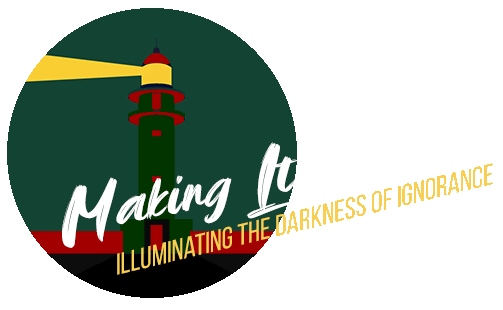
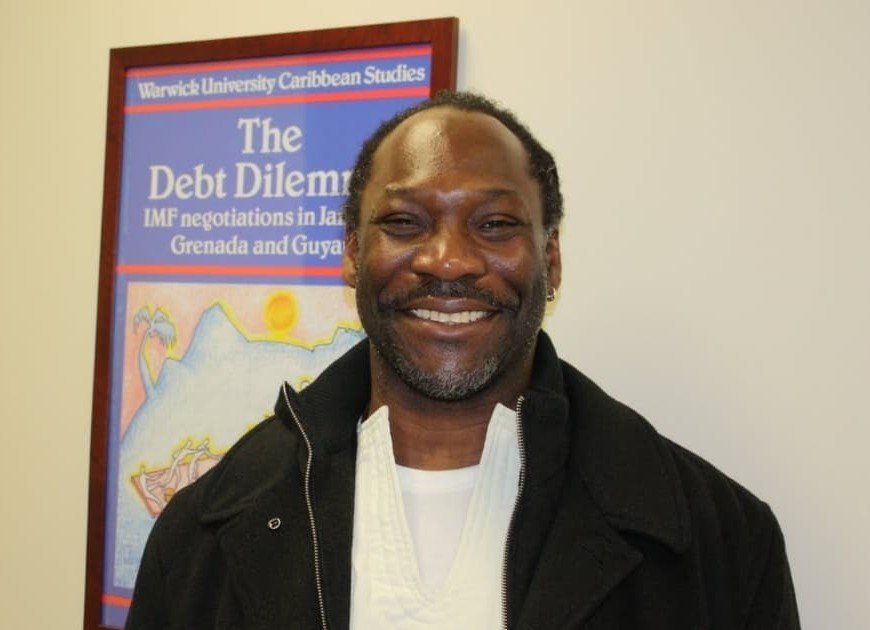
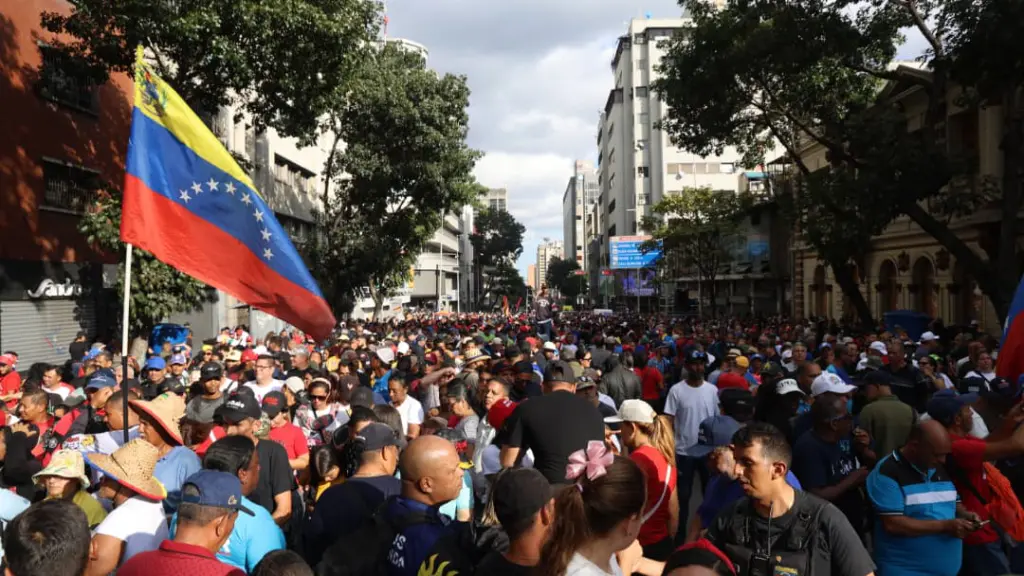


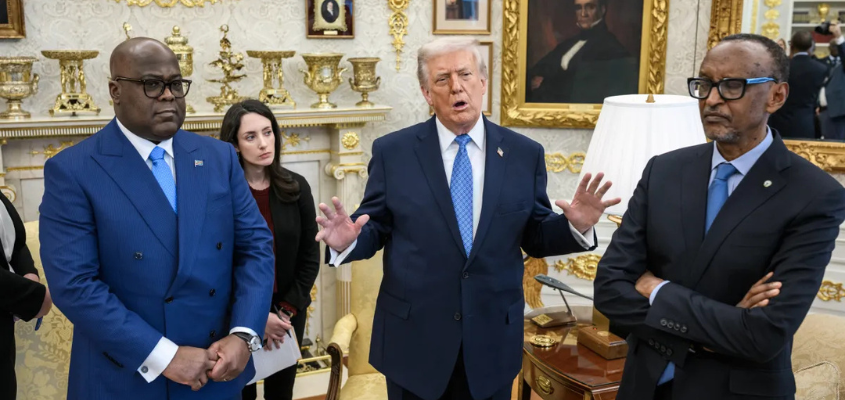
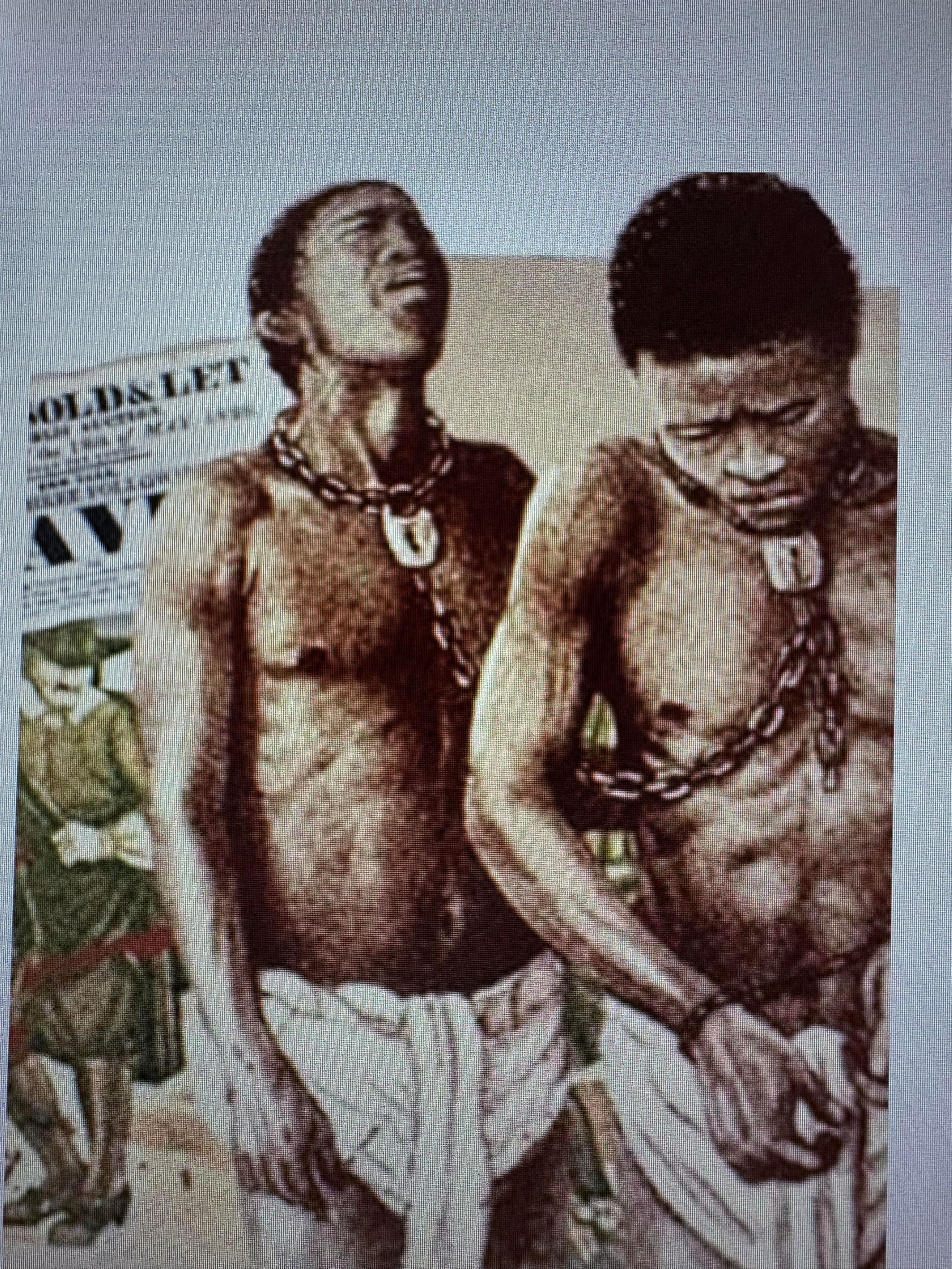

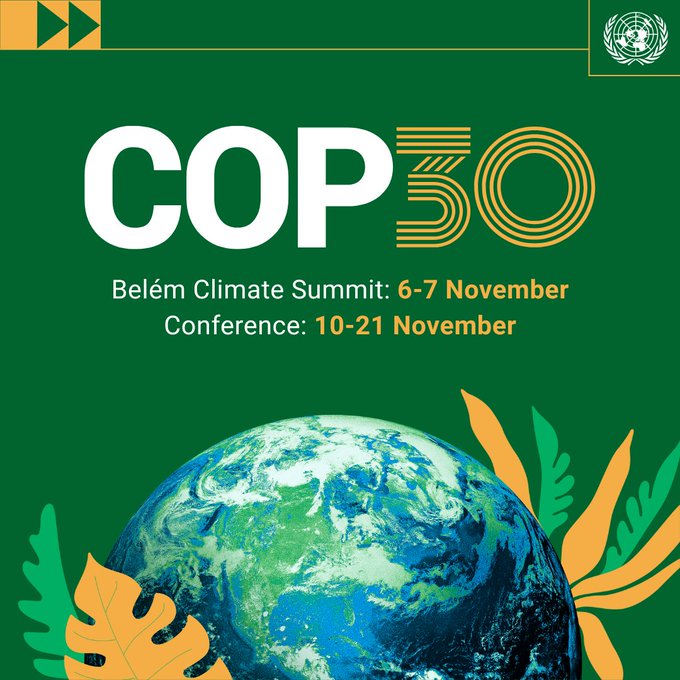

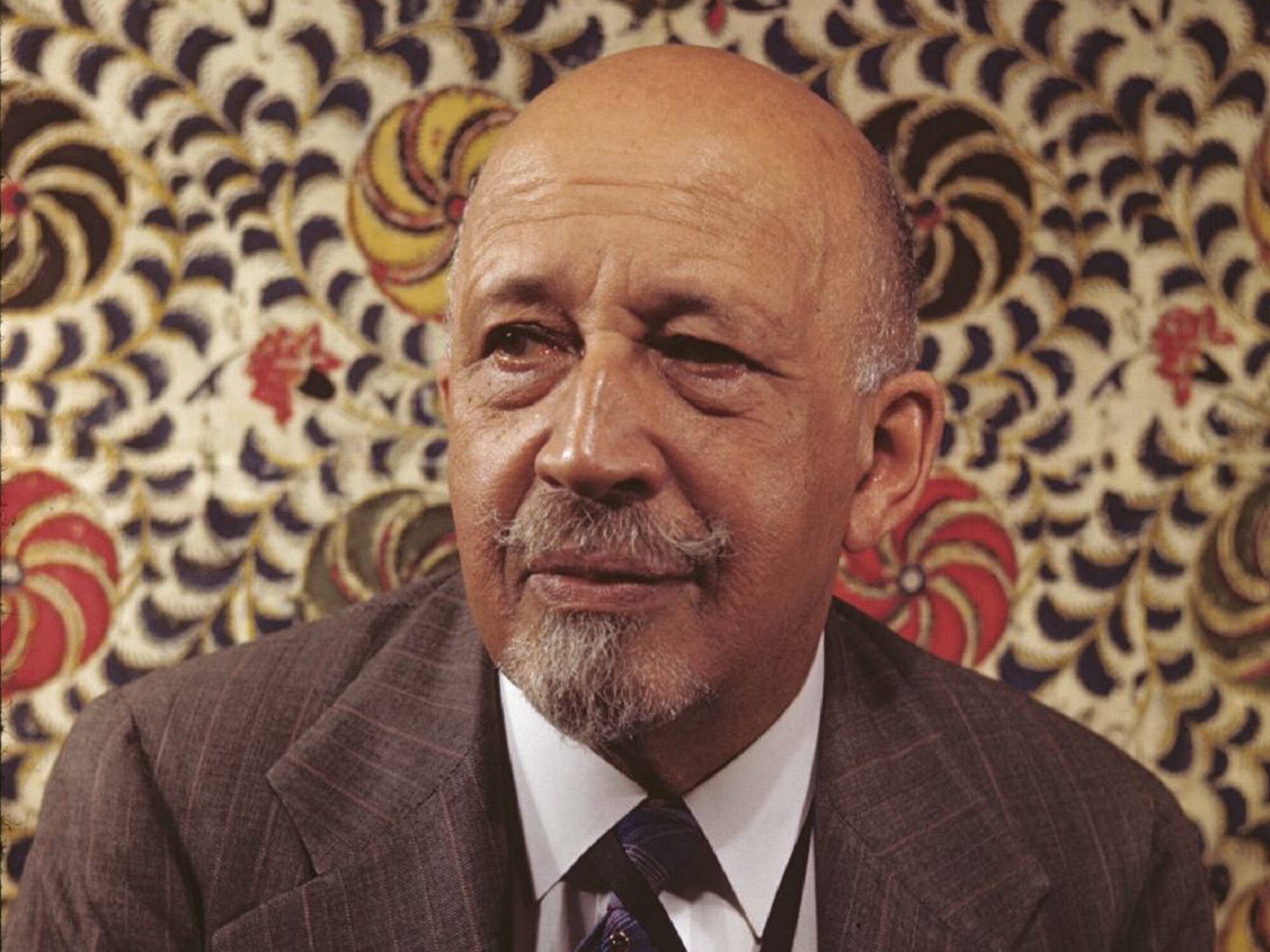





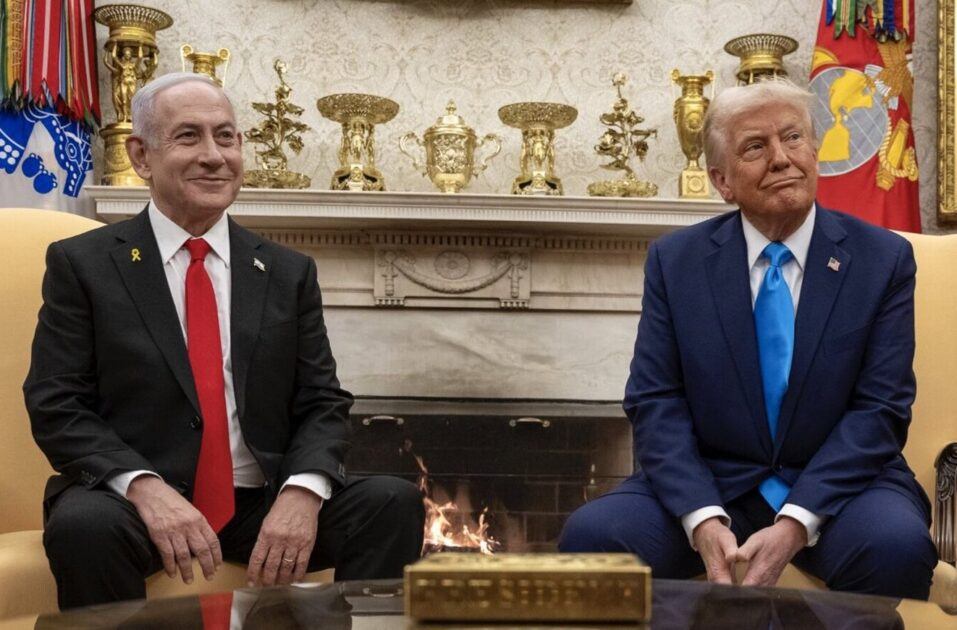
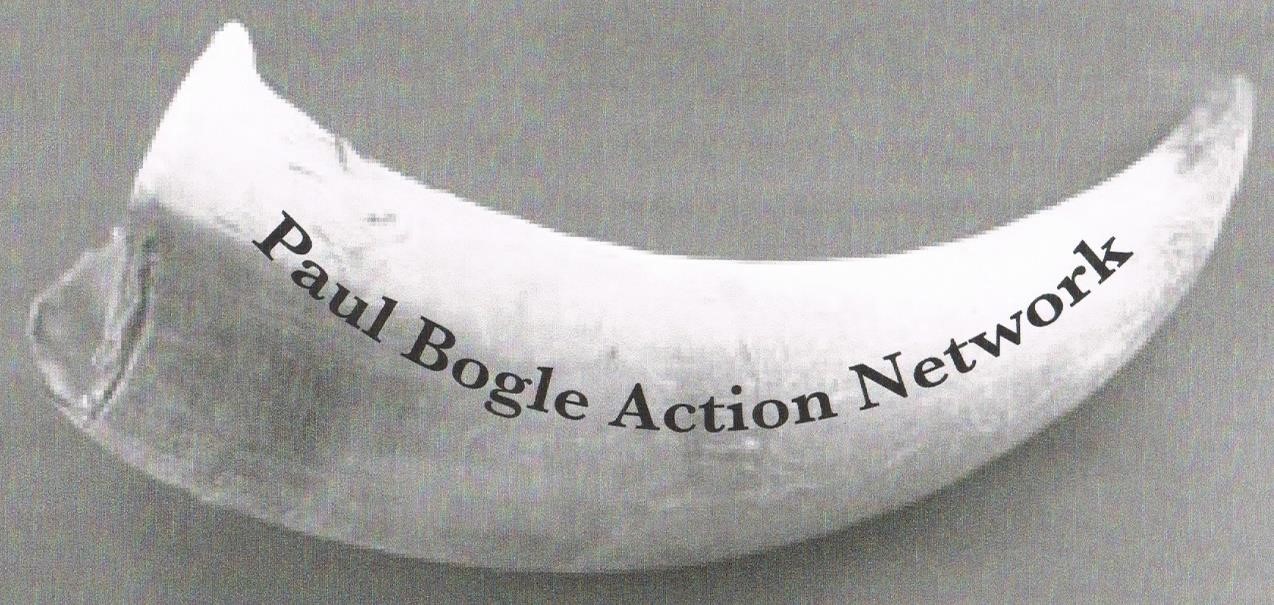
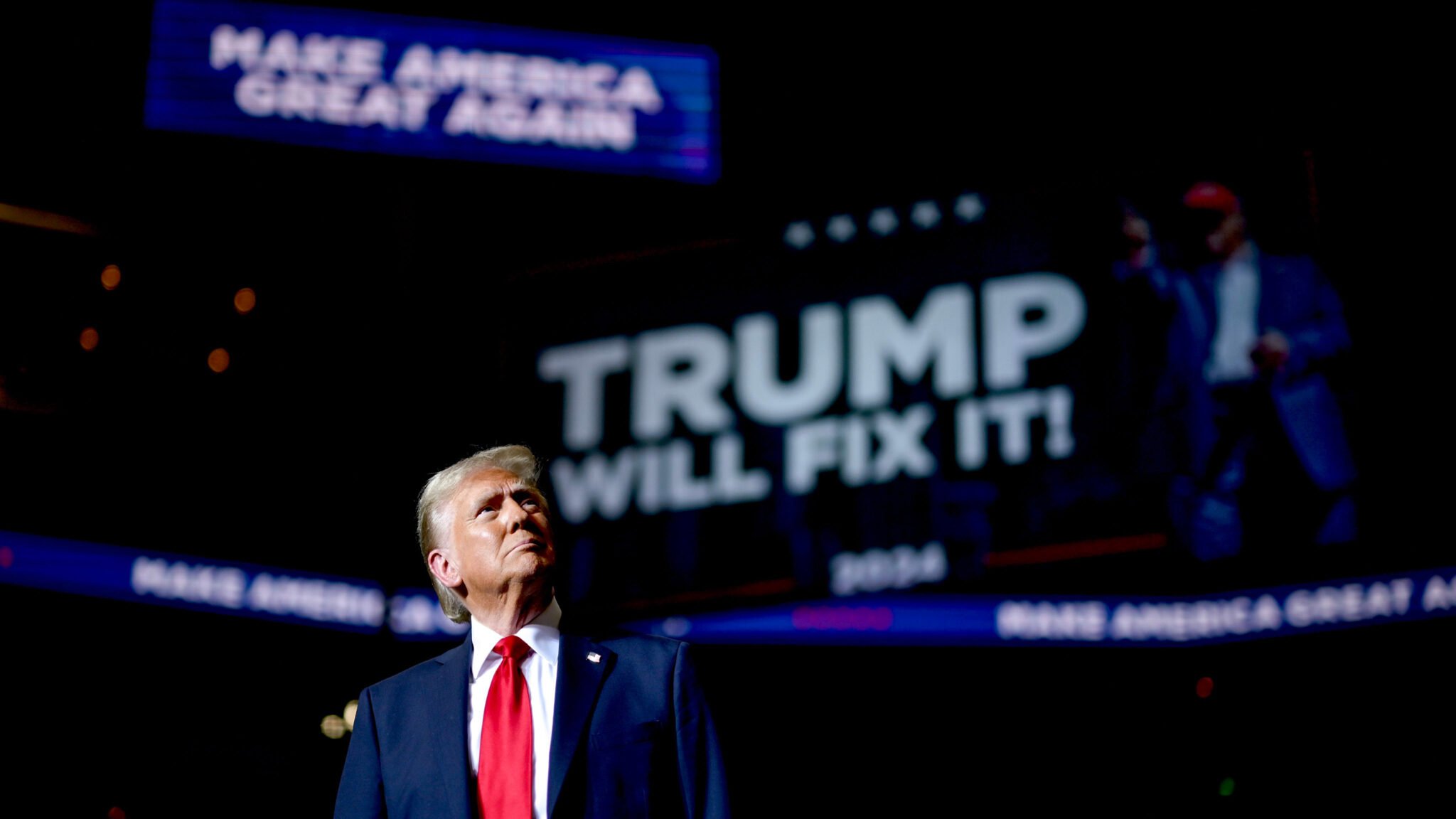
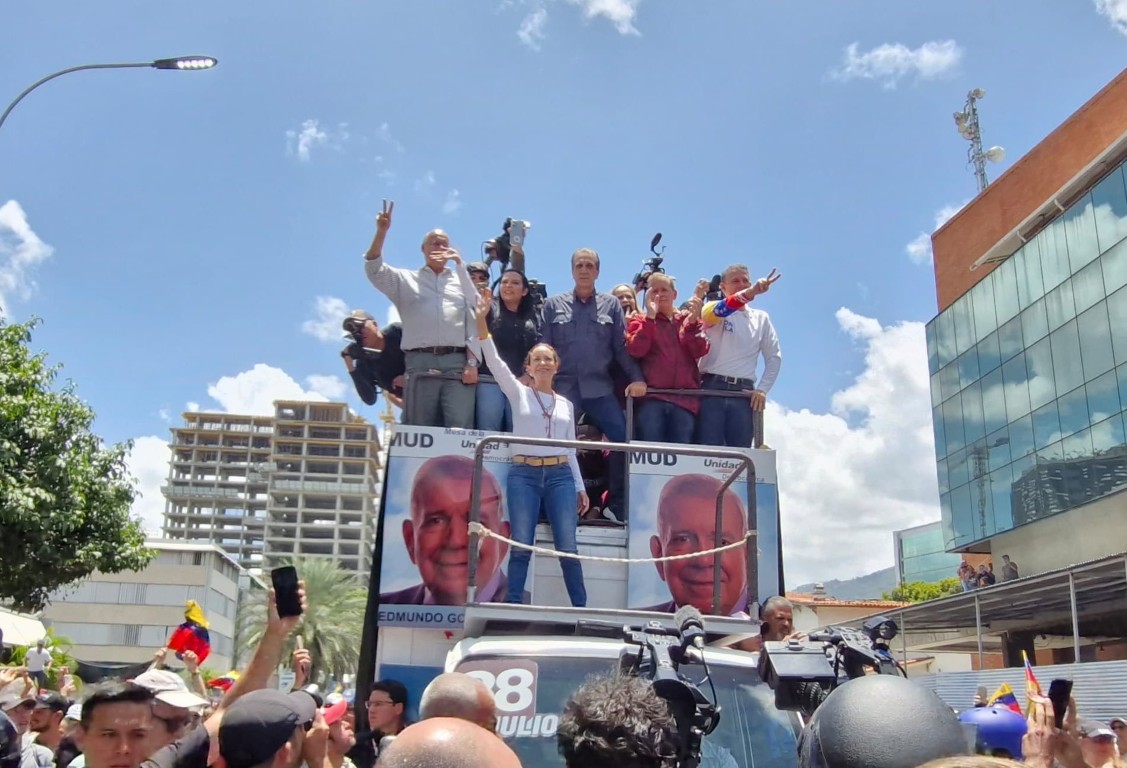
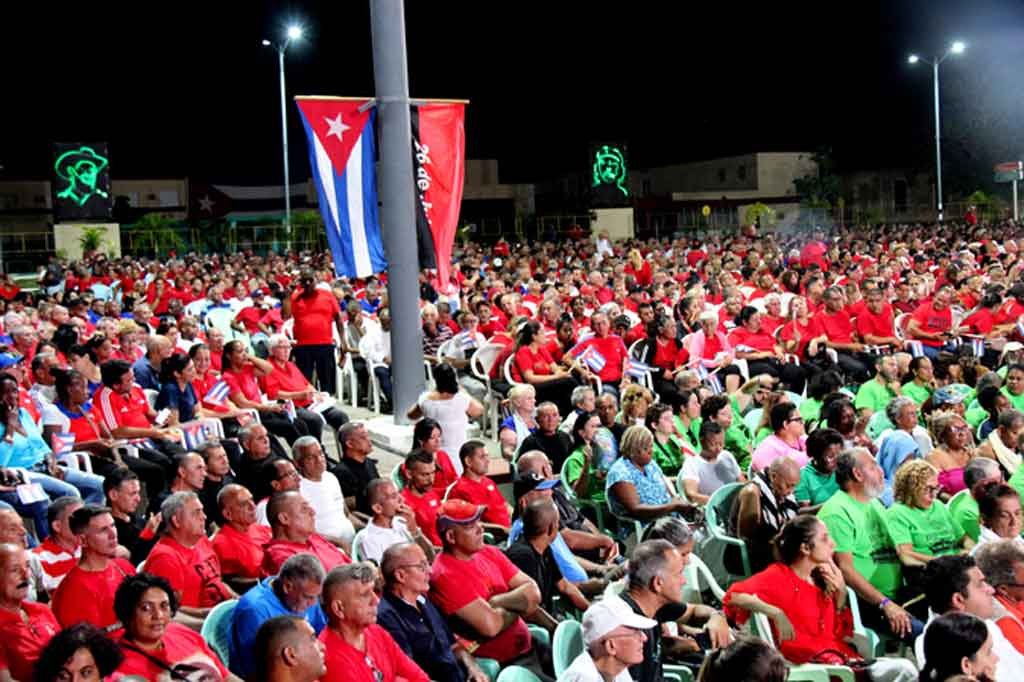

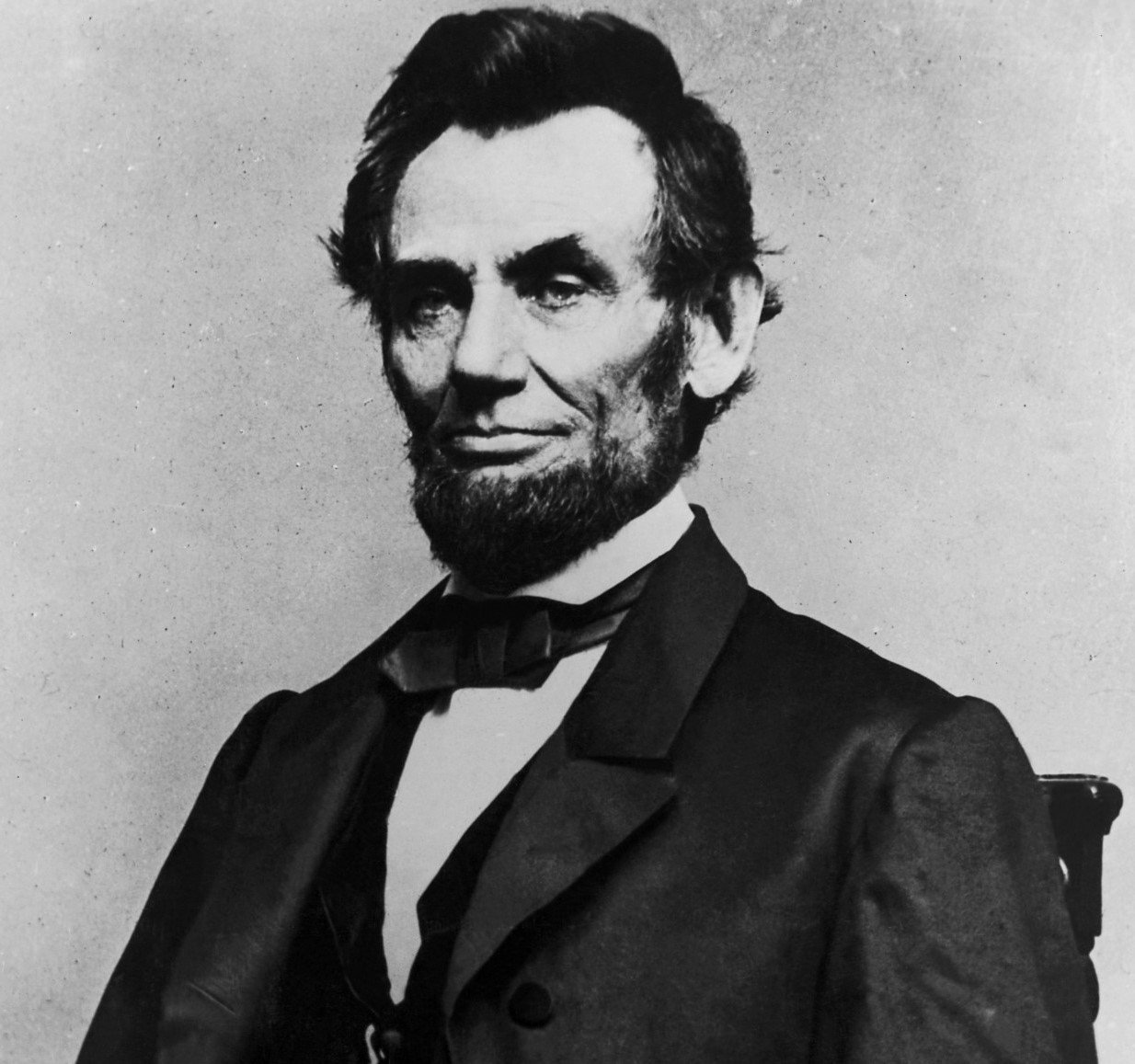
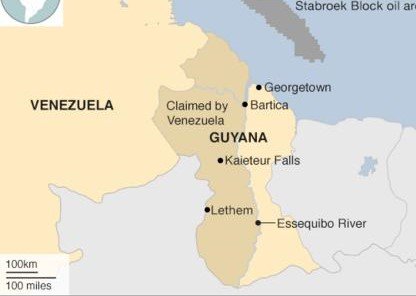
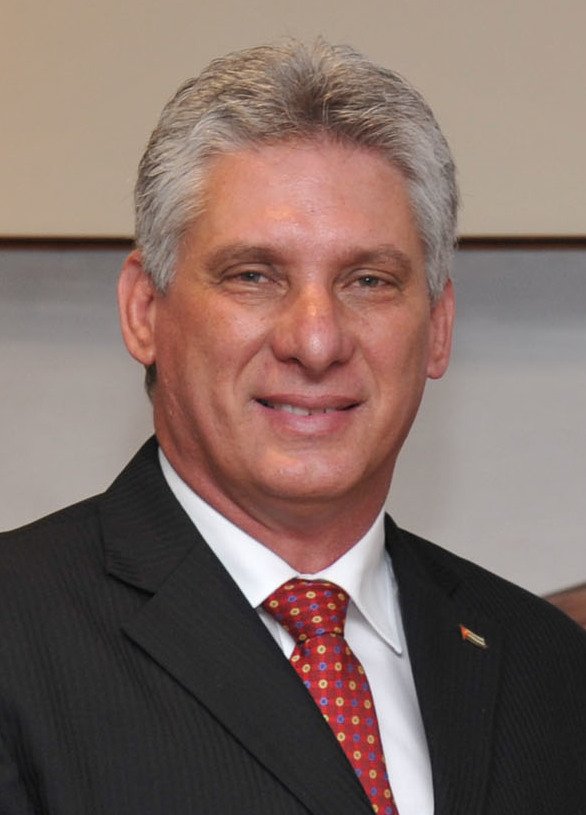

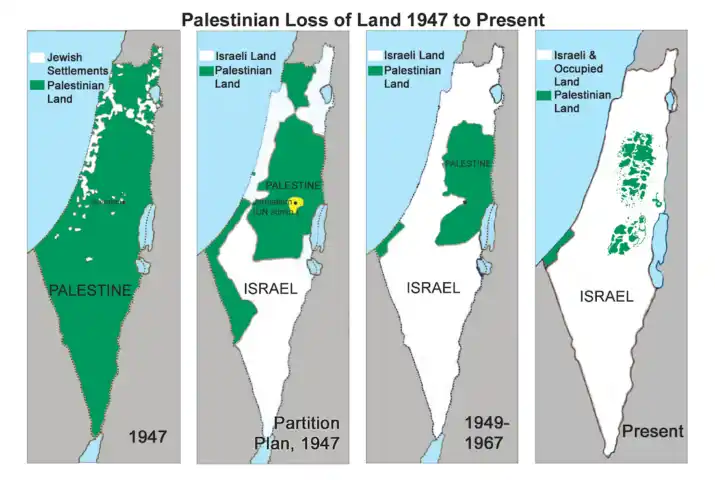
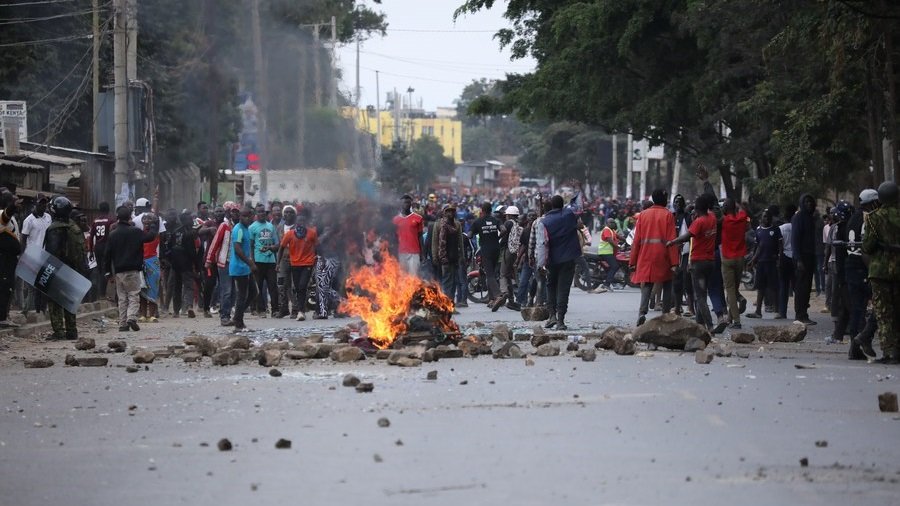
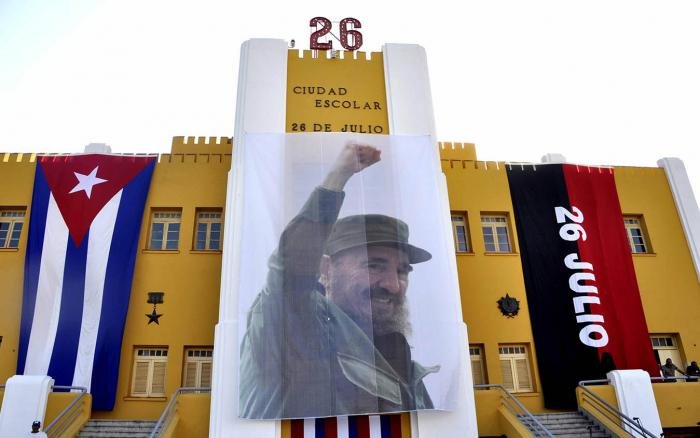
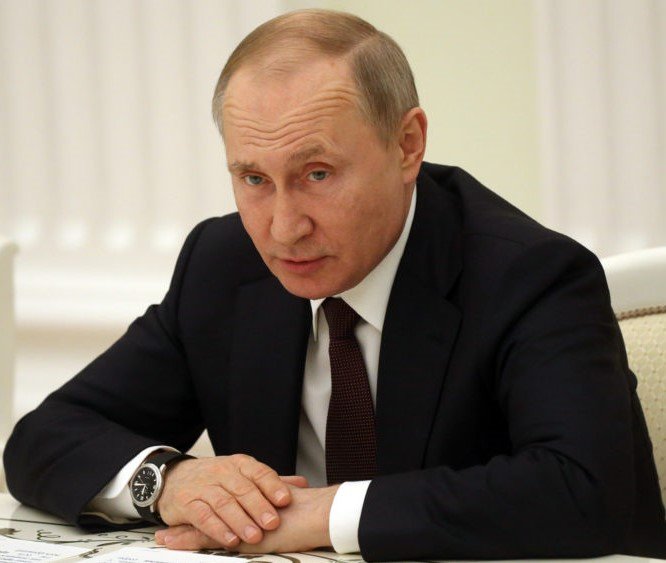
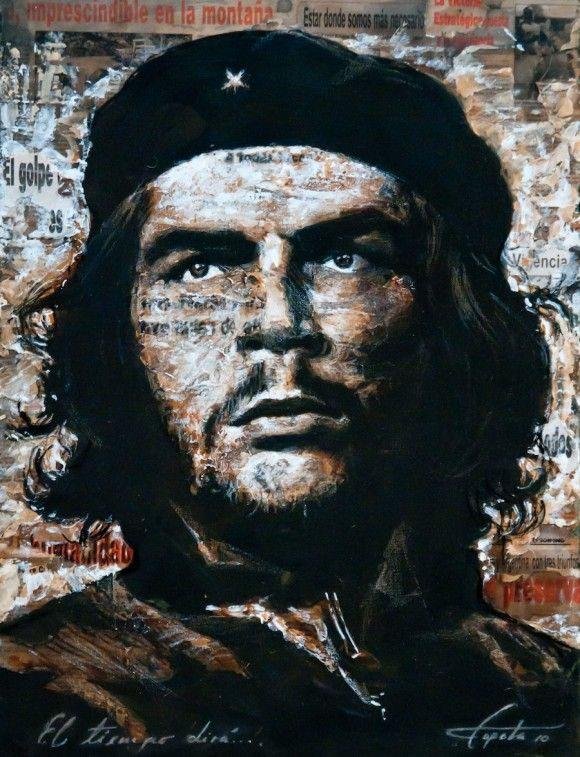
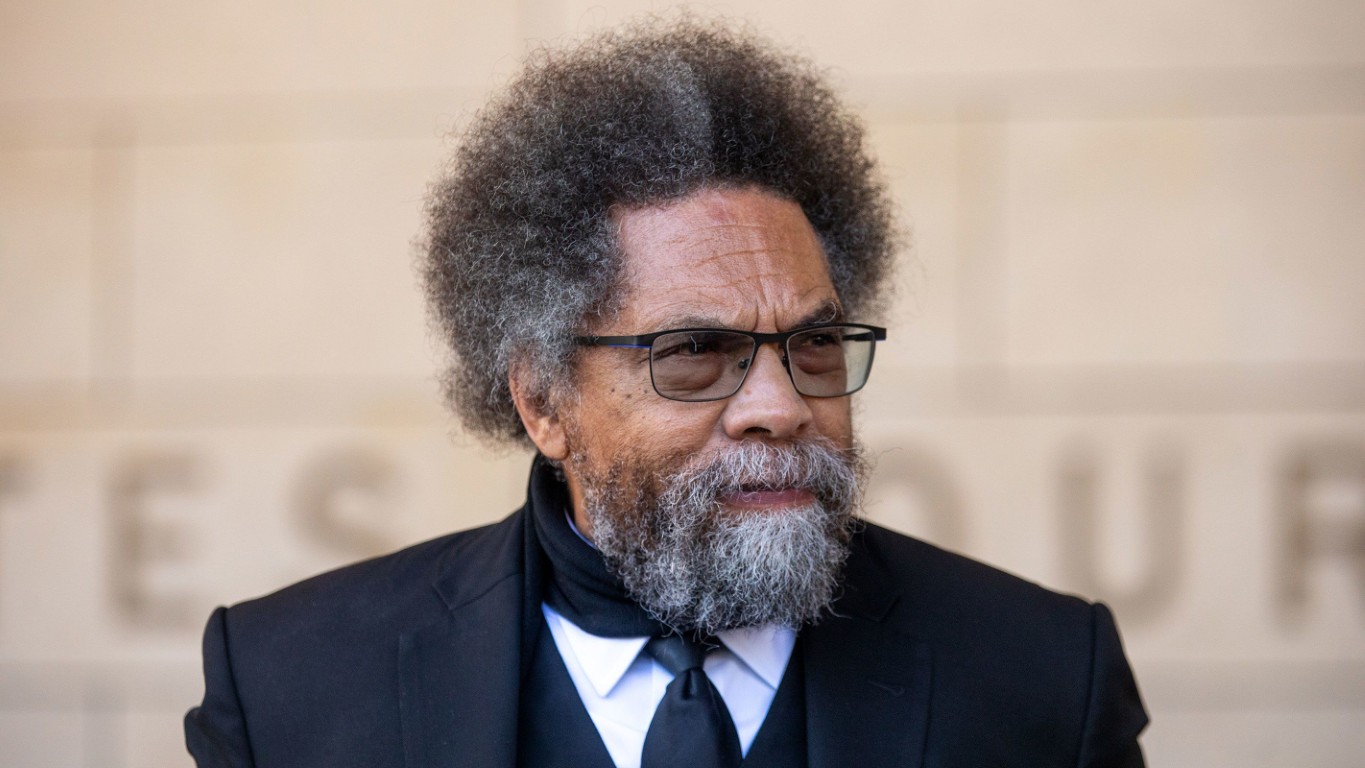
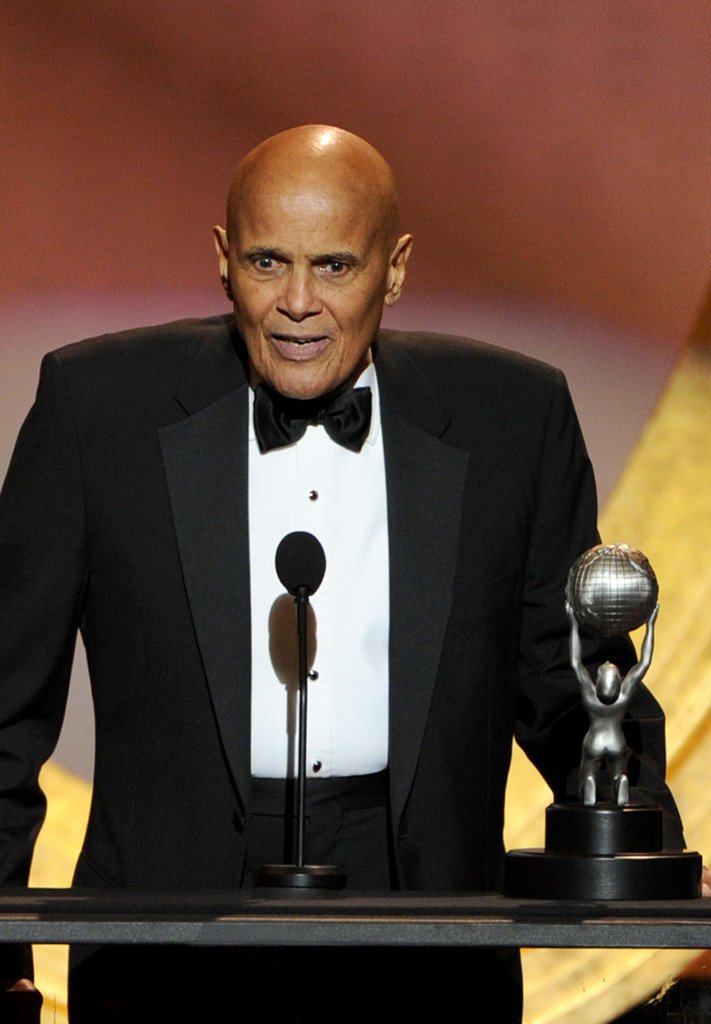

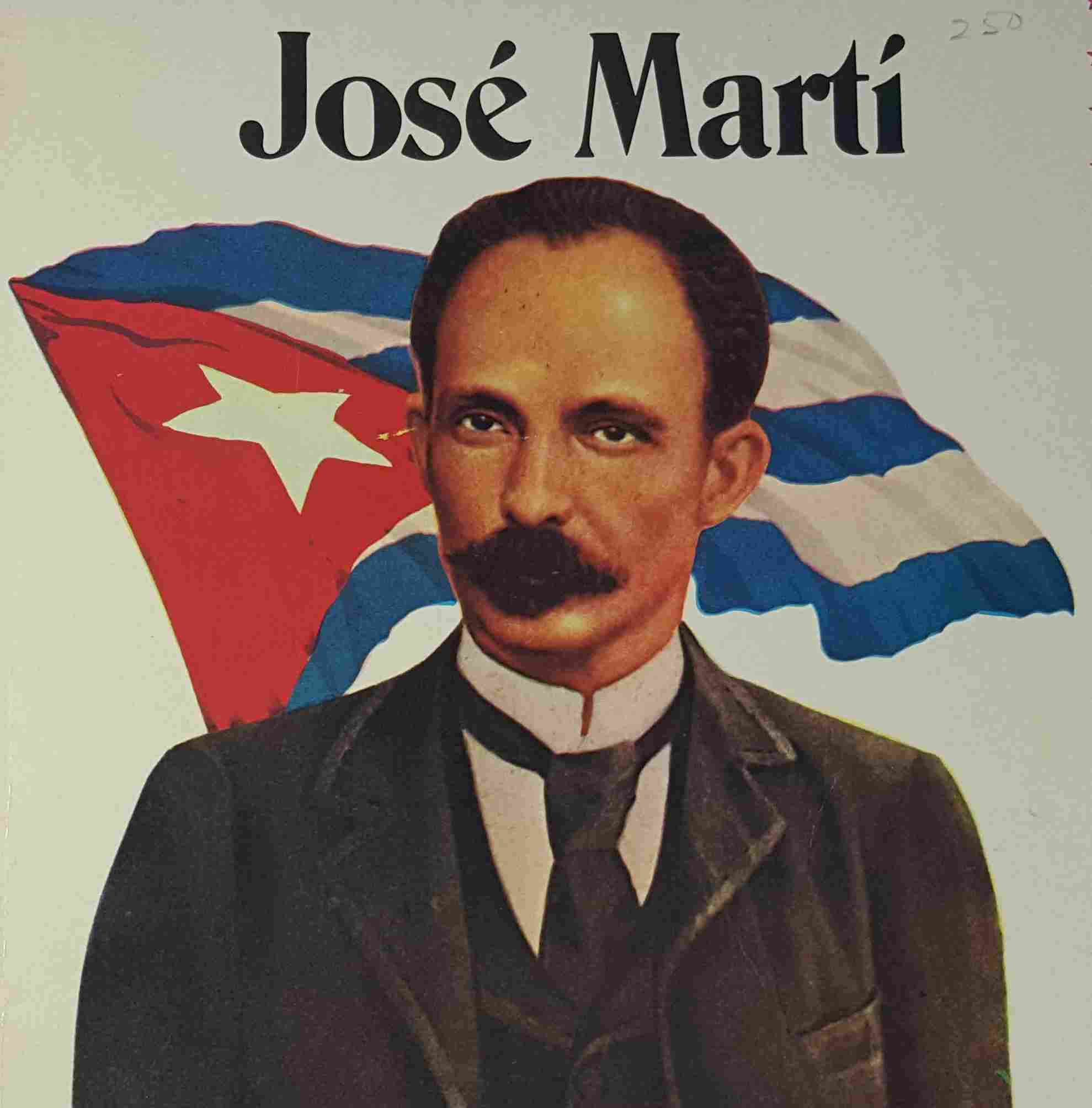
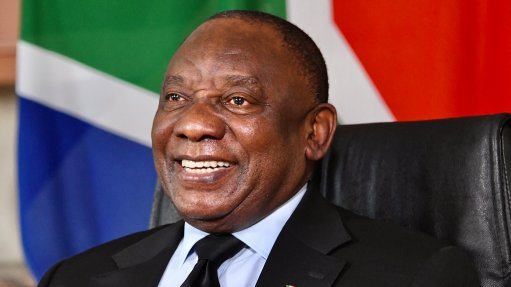

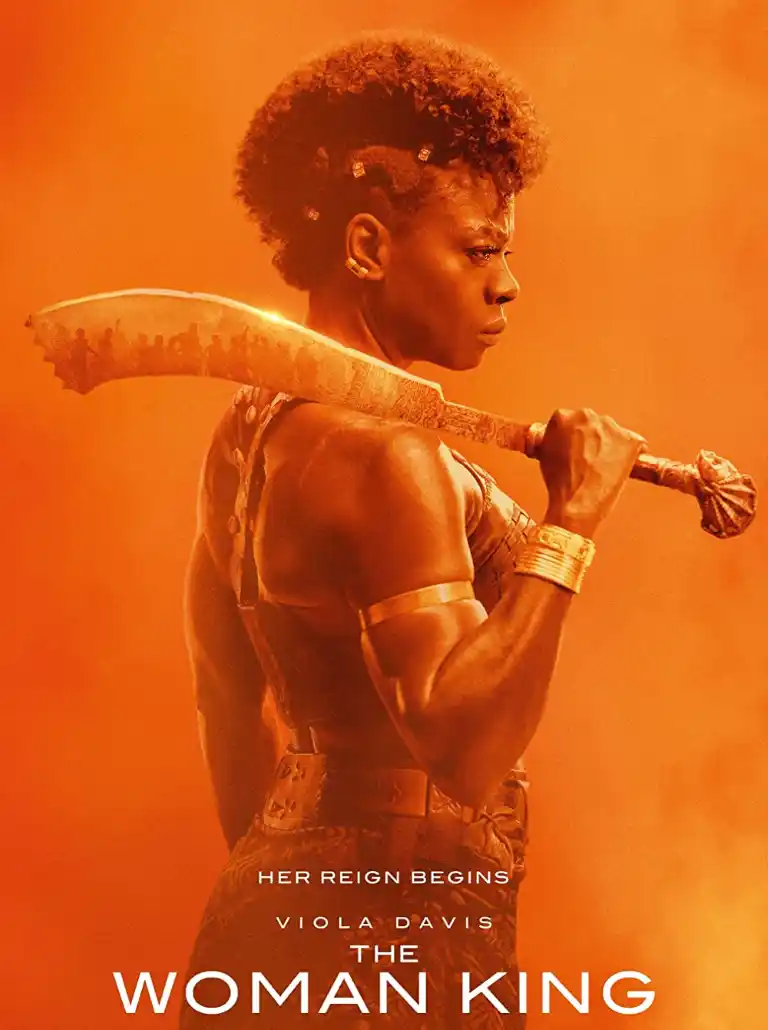



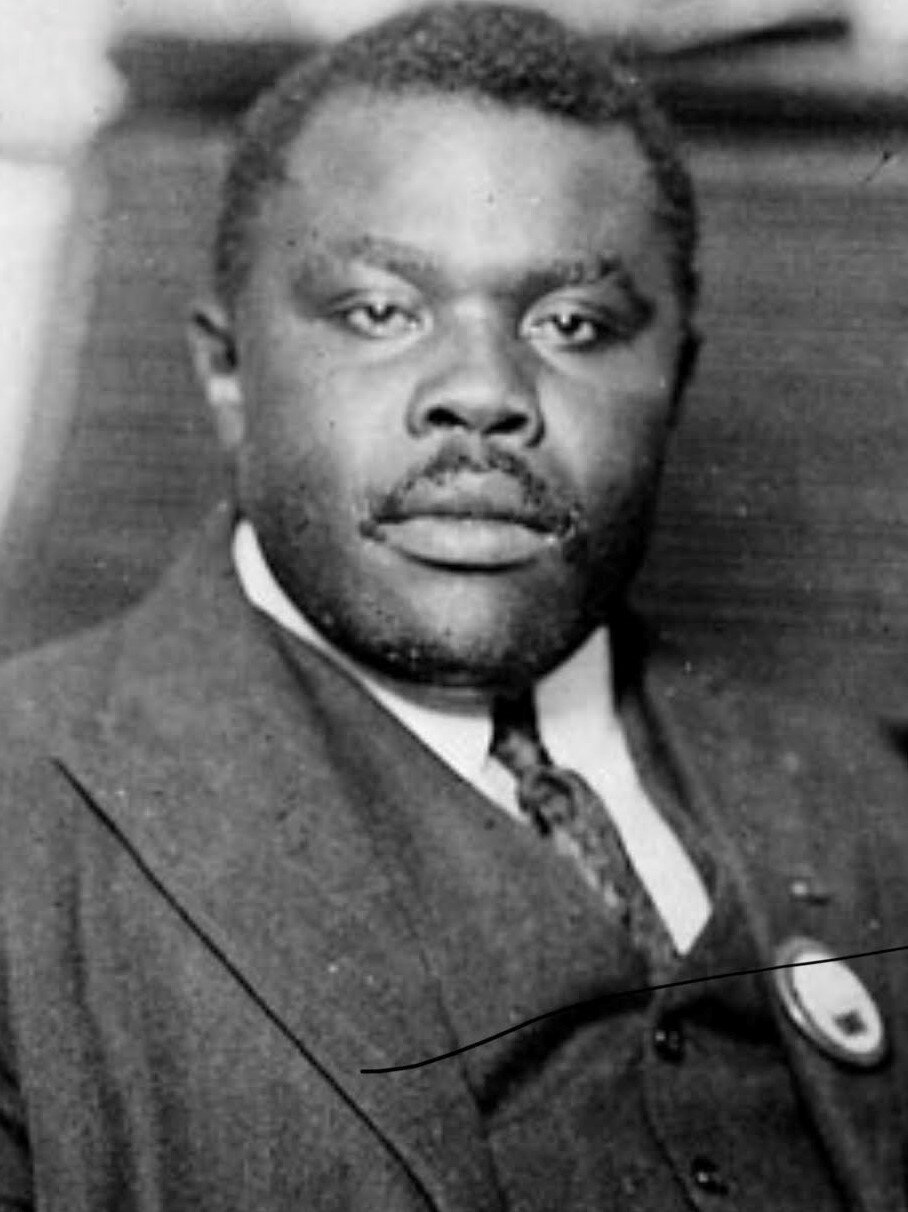
Share with your network